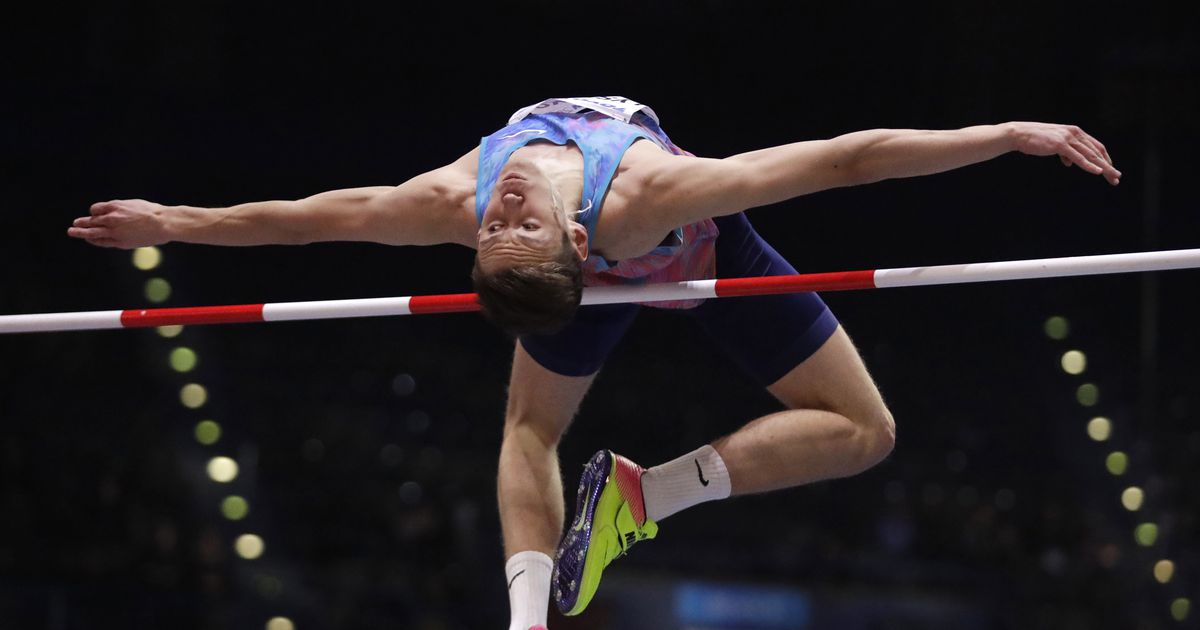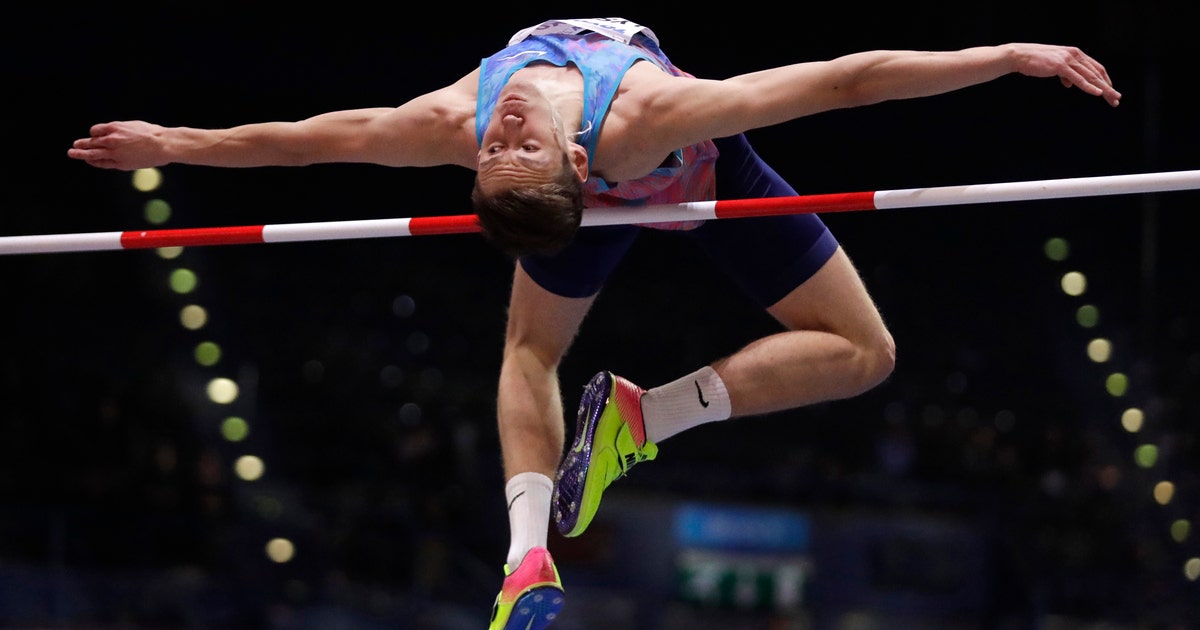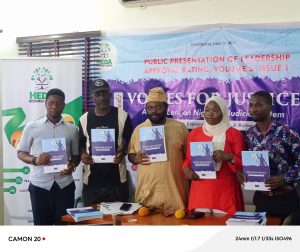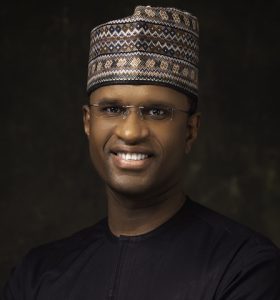Doping case heightens chance of no Russian track at Olympics


Sports authorities heightened the possibility of completely excluding Russian track athletes from this year’s Olympics in the wake of a spate of doping scandals that have engulfed the country.
The Athletics Integrity Unit, which handles doping-related matters for World Athletics, called to maintain the suspension of a system designed to allow clean Russian athletes to compete as neutrals in international events.
The AIU said Wednesday it made the recommendation after not getting appropriate responses from Russia’s track and field federation (RusAF) regarding a case involving forged documents for high jumper Danil Lysenko. RusAF has been suspended by World Athletics since 2015 due to the Russian doping scheme that also led the IOC to officially ban Russia from the 2018 and now the 2020 Olympics.
The Lysenko case came after many of the major sanctions in the much wider case had been delivered and after Russia had claimed to have changed its ways. But RusAF never had its suspension lifted because it had not completed all the steps in an AIU-directed roadmap back to compliance.
With that playing out, the AIU said it has given RusAF more than eight weeks to answer in the Lysenko case and it had not done so in a meaningful way.
“A responsible member federation in the circumstances would have admitted the charges and shown contrition for its conduct, but RusAF has chosen to do neither,” AIU wrote in a news release. “Instead, RusAF has gone to great lengths to deny any involvement in the matter, blame others and attack the process. This approach is deeply concerning for the AIU Board as it seems to indicate that the current leadership of the Federation is merely a continuation of the former.”
AIU is also urging World Athletics to consider expelling the Russian federation from its membership. But the most tangible sanction would be suspending track and field’s neutral athlete program, a similar version of which the IOC is using to allow dozens of Russians to compete in other Olympic events despite the country’s official ban.
Thirty Russians competed at track world championships as neutrals last year in Qatar after passing through a vetting process to prove they hadn’t been affected by Russia’s doping schemes. A similar number can be expected to be declared eligible for the Tokyo Games if World Athletics lifts the suspension of the vetting program.
Now, that appears less likely. It falls in line with the track federation’s overall response to the doping scandal, which has been much more stringent than that of the IOC and several other sports. In refusing to lift the Russian suspension, World Athletics has most recently pointed to evidence that Russia manipulated testing data held at its lab as proof that the country is not fully reformed.
In its own investigation into the manipulated data, the World Anti-Doping Agency said the tampering impacted the ability to pursue some cases.
Watching it all play out are top track stars such as three-time world champion high jumper Mariya Lasitskene, who has been a fierce critic of sports officials in her country.
Lasitskene isn’t suspected of any wrongdoing but could find herself watching the Olympics if the ban stays in play.
“We’re all on pause right now,” she told The Associated Press in an interview last week. “I don’t know what to expect or to hope for. All I can do is hope, wait and train.”








